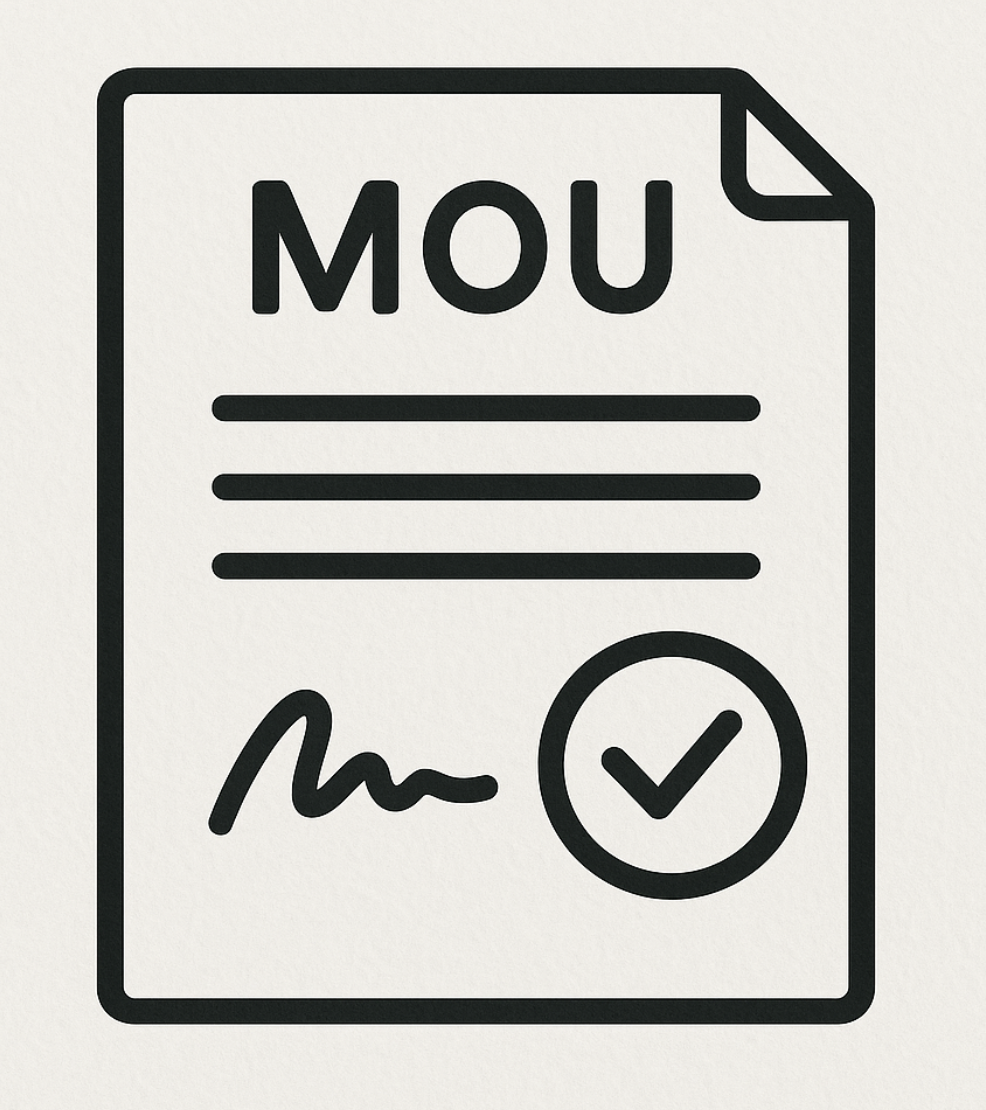RECONSTRUCTING ISLAMIC RELIGIOUS EDUCATION: A PHILOSOPHICAL APPROACH THROUGH RECONSTRUCTIONISM
DOI:
https://doi.org/10.18592/jtipai.v15i1.12274Keywords:
Philosophy, Reconstuctionism, Islamic Religious Education, Reconstructionism; Pedagogical Implications; Philosophical FoundationAbstract
Education must be able to make the students better. Likewise, Islamic religious education must be directed at fulfilling philosophical ideals in order to havuing faith based on the qualities. Modern world education must be able to integrate all elements worldly and aspects of finality so that in its development both aspects work together and can crate accountabel education. In the field of education, philosophy will determine the goals, content, implementation and evaluation of education. There are several types of educational philosophy, namely perenialism, essentialism, progressivism, and reconstructionism. Reconstruction of one of the modern schools of education. The flow of reconstructionism argues that the task of saving the world is the duty of all humanity. Therefore it is necessary to re-foster healthy intellectual and spiritual power through proper education of true values and norms for the present and future generations, thus forming a new world in the control of mankind. However, in Islam its must remain in line with the concept of Islamic education. This study uses a qualitative approach through library research. The results of this study is to show the philosophical framerok of reconstructionism can be a conception of Islamic education.References
Aryuli, Kasmi, and Armiati Armiati. “Empowering Student Learning Outcomes Through Problem-Based Learning in Social Science.” Jurnal Inovasi Pendidikan Ekonomi (JIPE) 13, no. 1 (2023): 10. doi:10.24036/011226690.
As’adi, Basuki, and M. Miftahul Ulum. Pengantar Filsafat Pendidikan. Ponorogo: Stain Po Press, 2010.
Assegaf, Abd Rachman. Filsafat Pendidikan Islam: Paradigma Baru Pendidikan Hadhari Berbasis Integratif-Interkonektif. Jakarta: RajaGrafindo Persada, 2011.
Badarudin. Cakrawala Filosofis Dalam Pendidikan Islam. Palembang: UIN Raden Fatah Press, 2022.
Bakker, Anton, Sutan Takdir Alisjahbana, M. Amin Abdullah, Toetry Heraty Noerhadi, J Sudarminta, P. Hardono Hadi, M. Mukhtasyar Syamsuddin, and Reza A Wattimena. Metodologi Penelitian Filsafat. Yogyakarta: Kanisius, 2011.
Fatimah, Siti. “Merekonstruksi Pembelajaran Pendidikan Agama Islam Dan Budi Pekerti Di Sekolah Negeri Studi Kasus SMAN 14 Yogyakarta.” El-Tarbawi : Jurnal Pendidikan Agama Islam 11, no. 1 (2018): 21–34.
Hasanah, Mila. Filsafat Pendidikan. Banjarmasin: CV. Kanhaya Karya, 2022.
Ismail, Haris Hidayat, Izwita Dewi, and Elmanani Simamora. “Keterkaitan Antara Filsafat Matematika Dengan Model Pembelajaran Berbasis Budaya.” Paradikma Jurnal Pendidikan Matematika 15, no. 2 (2022): 39–46.
Junaedi, Dedi, M. Yunus Abu Bakar, and Ah. Zakki Fuad. “Implikasi Pemikiran Rekonstruksionisme Ismail Raji Al-Faruqi Dalam Pendidikan Islam.” Ta’dibuna: Jurnal Pendidikan Islam 12, no. 1 (2023): 45. doi:10.32832/tadibuna.v12i1.9105.
Knight, George R. Filsafat Pendidikan (Terjemahan). Yogyakarta: Gama Media, 2007.
Muhmidayeli. Filsafat Pendidikan. Bandung: PT Refika Aditama, 2011.
Nafis, Muhammad Muntahibun. Ilmu Pendidikan Islam. Yogyakarta: Teras, 2011.
Nugroho, Listyanto Aji Nugruho. “Reconstrutionism Philosophy Perspective in Developing Curriculum.” Historika 23, no. 1 (2020).
Nur, Muhammad Hajirin, Rahmat Soe’oed, and Khojir. “Pendidikan Perspektif Islam Rekonstruksionisme.” Istighna 5, no. 2 (2022): 208. https://www.e-journal.stit-islamic-village.ac.id/istighna/article/view/448.
Rohmat, Rohmat. “Kurikulum Dalam Tinjauan Filsafat Rekonstruksianisme.” INSANIA : Jurnal Pemikiran Alternatif Kependidikan 24, no. 2 (2019): 247–61. doi:10.24090/insania.v24i2.3078.
Sadulloh, Uyoh. Pengantar Filsafat Pendidikan. Bandung: Alfabeta, 2003.
Sari, Herlini Puspika. “Rekonstruksionisme Pendidikan Islam Menurut Muhammad Iqbal.” Al-Fikra : Jurnal Ilmiah Keislaman 19, no. 1 (2020). doi:10.24014/af.v19i1.10076.
Susiyanti. “Pembelajaran Pendidikan Agama Islam (PAI) Dalam Membentuk Karakter Islam (Akhlak Mahmudah) Di SMA Negeri 9 Bandar Lampung,” 2017.
Sutrisno, and Muhyidin Albarobis. Pendidikan Islam Berbasis Problem Sosial. Yogyakarta: Ar-Ruz Media, 2020.
Thomassen, Anja Overgaard, and Diana Stentoft. “Educating Students for a Complex Future: Why Integrating a Problem Analysis in Problem-Based Learning Has Something to Offer.” Interdisciplinary Journal of Problem-Based Learning 14, no. 2 Special Issue (2020): 1–10. doi:10.14434/ijpbl.v14i2.28804.
Tolchah, Moch. “Implikasi Filsafat Pendidikan Dalam Pengembangan Kurikulum Pendidikan Agama Islam Perspektif Kuntowijoyo.” Fikrotuna 11, no. 01 (2020). doi:10.32806/jf.v11i01.3937.
Downloads
Published
How to Cite
Issue
Section
License
Copyright (c) 2025 Mariani Nabhan, Aisyah, Salamah

This work is licensed under a Creative Commons Attribution 4.0 International License.
Authors who publish with this journal agree to the following terms:
- Authors retain copyright and grant the journal right of first publication with the work simultaneously licensed under a Creative Commons Attribution License that allows others to share the work with an acknowledgement of the work's authorship and initial publication in this journal.
- Authors are able to enter into separate, additional contractual arrangements for the non-exclusive distribution of the journal's published version of the work (e.g., post it to an institutional repository or publish it in a book), with an acknowledgement of its initial publication in this journal.
- Authors are permitted and encouraged to post their work online (e.g., in institutional repositories or on their website) prior to and during the submission process, as it can lead to productive exchanges, as well as earlier and greater citation of published work.










